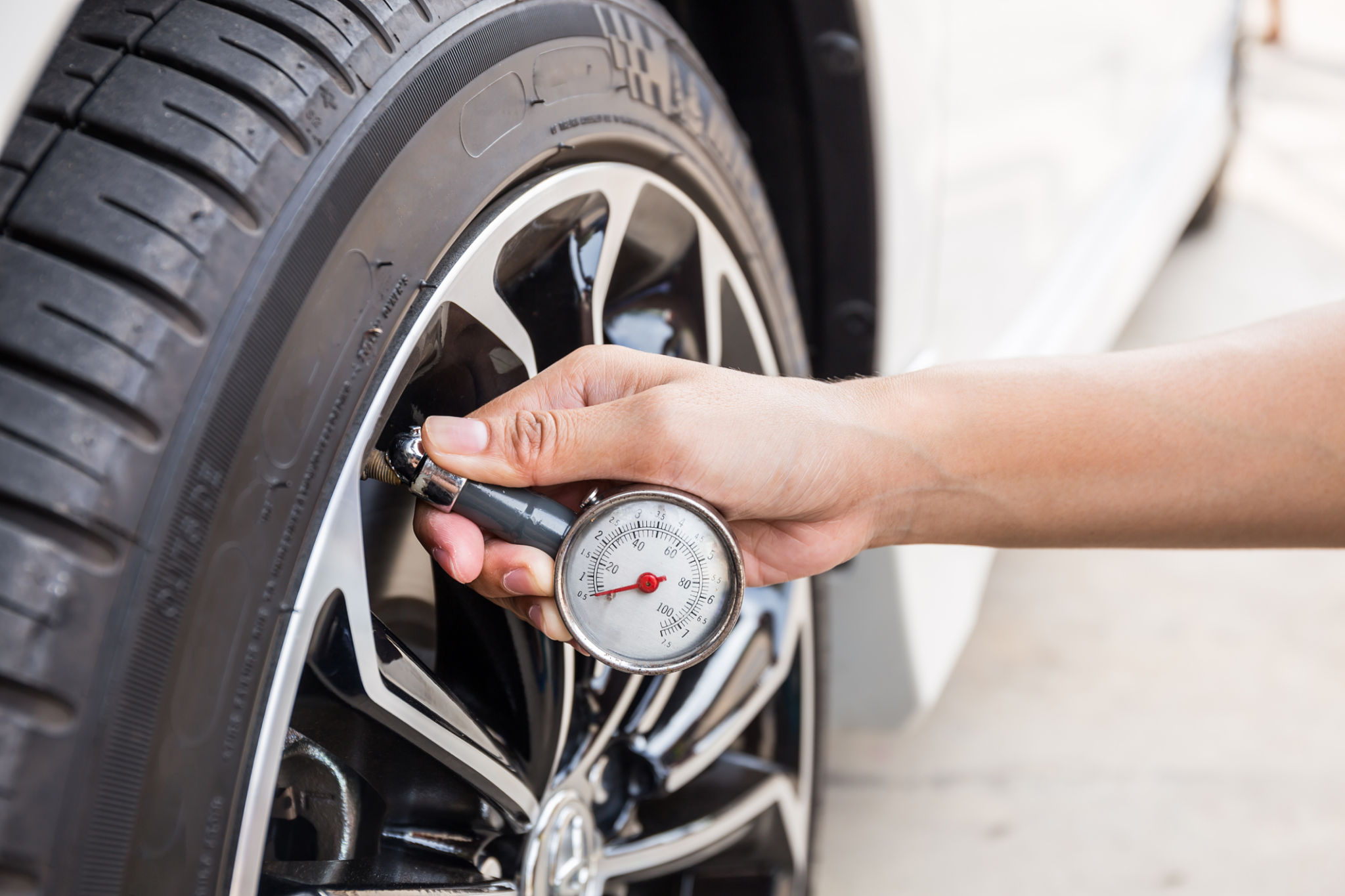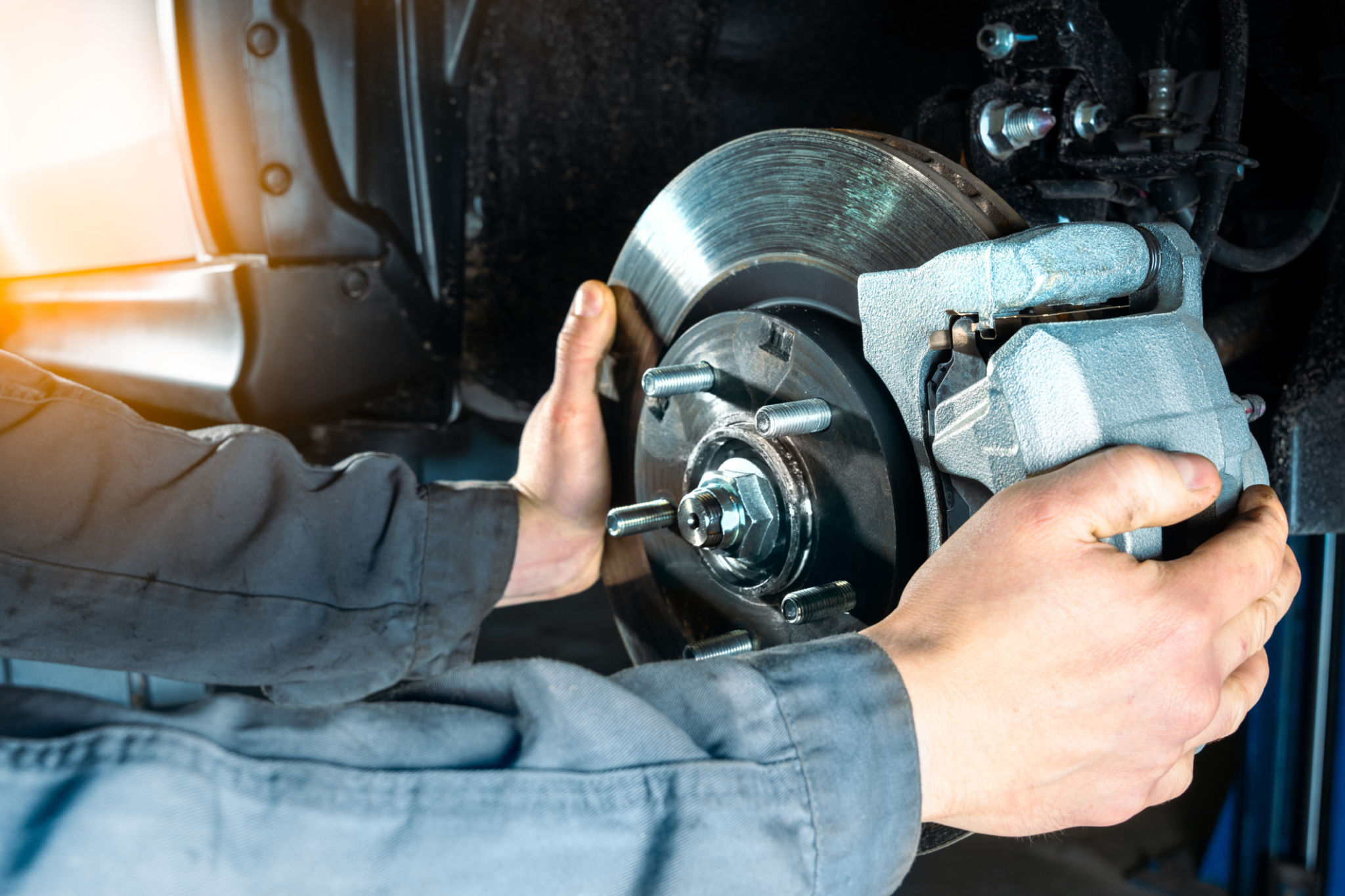Essential Truck Maintenance Tips for Fairview Drivers
Regular Oil Changes
Regular oil changes are crucial for maintaining the health of your truck's engine. Over time, engine oil can become contaminated with dirt and debris, leading to increased friction and wear. It's generally recommended to change your oil every 3,000 to 5,000 miles, but this can vary based on your truck's make and model. Always consult your owner's manual for specific guidelines.
Using high-quality oil can also make a significant difference in performance. Opt for synthetic oils if possible, as they offer better protection and efficiency. Remember, keeping your engine well-lubricated is essential for avoiding costly repairs down the line.

Tire Maintenance
Tires play a vital role in ensuring your safety on the road. Regularly inspect your tires for signs of wear and tear, such as cracks or bald spots. Uneven tread can affect your truck's handling and increase the risk of blowouts. Rotating your tires every 6,000 to 8,000 miles helps promote even wear and extend their lifespan.
Additionally, maintaining proper tire pressure is essential. Under-inflated tires can lead to reduced fuel efficiency and increased wear. Check the tire pressure monthly and adjust it according to the manufacturer's recommendations. This simple step can enhance your truck's performance and save you money at the pump.

Brake System Checks
Your truck's brakes are critical for safe driving, making regular brake system checks imperative. Listen for any unusual noises when applying the brakes, such as squealing or grinding, as these may indicate worn brake pads or rotors. It's advisable to have your brakes inspected at least once a year by a professional mechanic.
Keep an eye on the brake fluid level as well. Low brake fluid can lead to reduced braking efficiency and even failure in extreme cases. Ensure the brake fluid is topped up and replaced as needed to maintain optimal braking performance.

Battery Maintenance
The battery is the heart of your truck's electrical system. Ensure it's in top condition by checking for signs of corrosion on the terminals and cleaning them as necessary. Corrosion can hinder the battery's ability to hold a charge and affect its performance.
If your truck struggles to start or if you notice dimming headlights, it might be time to test the battery's charge. Regular testing will help you catch issues early and avoid unexpected breakdowns. Batteries typically last three to five years, so plan for a replacement accordingly.

Fluid Levels and Hoses
Fluids like coolant, transmission fluid, and power steering fluid are essential for your truck's operation. Regularly check these fluid levels and top them off as needed. Low fluid levels can lead to overheating, transmission issues, and steering problems.
Inspect hoses for any signs of leaks or damage. A worn-out hose can lead to fluid loss and potentially severe damage if not addressed promptly. Replacing hoses before they fail can save you from more significant repair costs in the future.

Regular Inspections
Conducting regular inspections of your truck is one of the best ways to ensure its longevity and reliability. Set a routine schedule to thoroughly check all major systems, including lights, belts, and filters. Identifying minor issues early can prevent them from turning into major problems.
Consider investing in a professional inspection annually. A trained mechanic can provide insights into potential issues that may not be immediately apparent during your checks. This proactive approach can extend the life of your truck and improve safety on the road.

